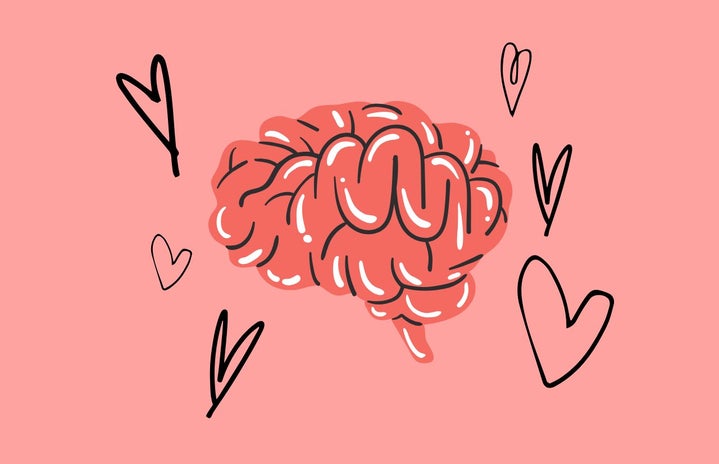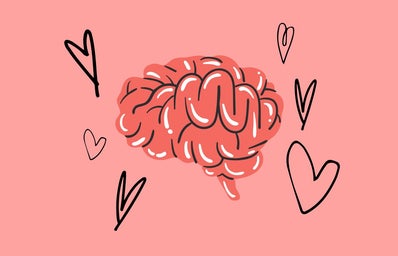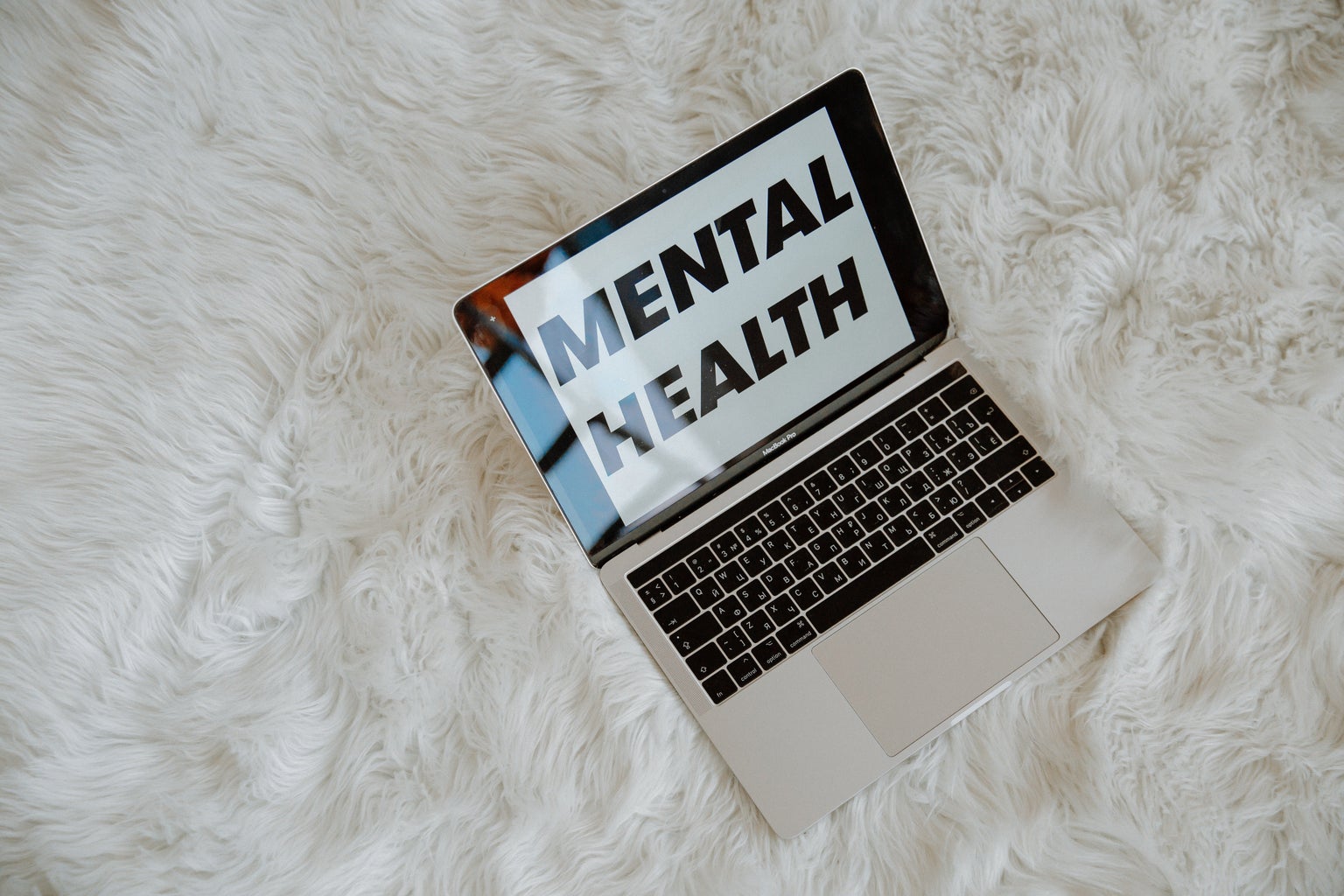Like many people, whenever I’m not feeling well or if I have a headache, I’ll rush to the internet to find the culprit for my pain. After endlessly clicking on different websites and learning about what could possibly be wrong, I always tend to scare myself and declare that it’s the end for me (I just needed to drink more water). While these are minor issues that are generally harmless and easy to fix, there’s been a surge of people who have self-diagnosed themselves with larger matters regarding neurodivergence and mental disorders.
Self-diagnosis has become more popular over the years, especially because it’s mostly been surfacing on social media platforms like TikTok. Safe spaces to discuss mental health have become more accessible thanks to these sites, and Aleksandria Grabow, an assistant professor at Cal State San Marcos, even stated that “the younger generation, or the generation that who tends to utilize social media more, are the ones who tend to cite a self-diagnosis at higher rates than other folks in the community.”
The combination of factors like hearing people’s stories, online resources, and assessments can help people feel validated with their mental health concerns, especially with those who cannot afford an assessment or live in an environment where mental health is stigmatized. Knowing this, it’s obvious why more people are relying on self-diagnosis nowadays, but it begs the question whether these instances of self-diagnosis can be considered valid.
Diagnostic assessments are complex and multi-faceted, much like the entire medical field in general, and having to complete research by oneself without a professional background in mental health seems like a huge risk. There is so much overlap when it comes to various disorders that it would be difficult to accurately narrow down the diagnosis without having previous bias or external influences. Professional assessments are applied through various tests and examinations because of how complicated diagnoses naturally are, and even using these assessment tools takes several years of intensive training; to diagnosis yourself without having those years of experience seems fallible.
“People looking for answers to their mental health questions on the internet may be able to apply psychiatric labels to their experiences, but without a formal examination by a mental health professional, self-diagnosis can be a very slippery slope,” says Ethan Cohen, a critical care nurse. With self-diagnosis comes the possibility of being wrong regarding your condition, leading to improper care, but it also poses the risk of exacerbating one’s confirmation bias. People can unconsciously seek the information that confirms preconceived notions of themselves, and applying these ideas in practice only leads to a self-fulfilling prophecy and possible harm.
With the rise of self-diagnosis trending across social media, there have many instances I’ve seen where people will list certain behavioral traits that are considered “autistic” when in actuality, they’re common traits that anyone could have. Misinformation regarding autism is especially high on TikTok; a study conducted in the Journal of Autism and Developmental Disorders stated that only 27% of autism informational videos on TikTok were accurate, while 32% were overgeneralized and 40% were inaccurate. The more misinformation is spread across the internet, the more skewed the general understanding of autism and mental disorders becomes.
While there are concerns regarding professional diagnoses being wrong and professionals being incapable of fully understanding a person’s internal world — especially when the misdiagnosis rates of people of color, women or nonbinary people are higher than their white, male counterparts — the route of self-diagnosis is more of a risk than anything. Of course, there’s nothing wrong with reading articles online and suspecting that you could potentially be neurodivergent or have a disorder, but it’s always best to consult with a professional before officially declaring anything.
Referring to social media for serious mental health issues isn’t the way to go, and if you’re concerned with your mental health, please feel free to refer to UCSB’s Counseling and Psychological Services if you’re curious about getting assessed, receiving resources, and more!



